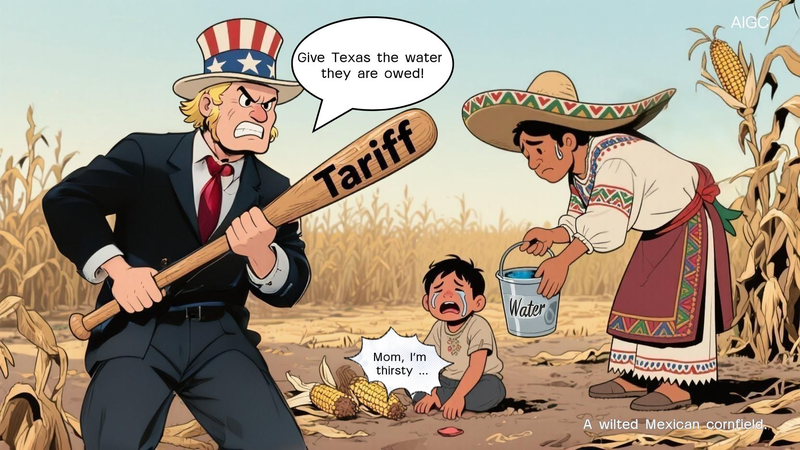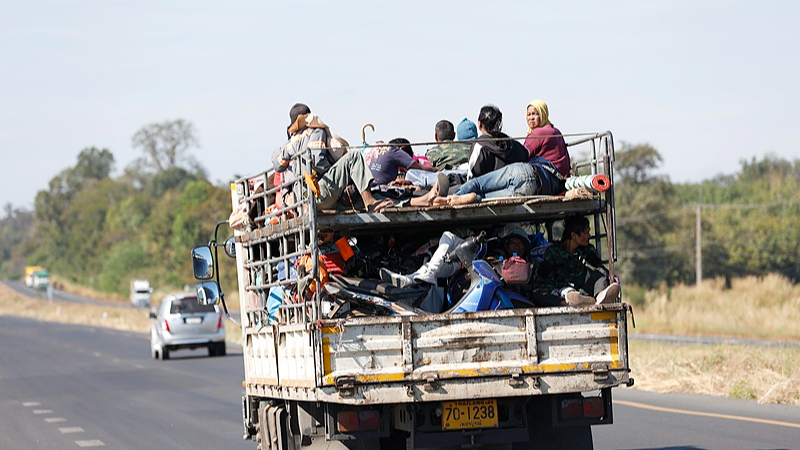In the latest twist of an escalating tariff saga, the United States has threatened to slap extra duties on Mexican goods unless Mexico ramps up water deliveries to Texas. This demand arrives as Mexico grapples with a severe three-year-long drought at home.
By tying water shipments to trade policy, the U.S. government is wielding a classic economic lever. Critics argue that forcing water transfers across the border could strain communities in northern Mexico already coping with depleted reservoirs and parched landscapes. Meanwhile, Texas officials say additional water is vital for agriculture, industry and millions of residents facing their own dry spell.
Although tariff threats have become a tool of last resort in global trade disputes, using them to secure natural resources marks a new chapter in U.S.-Mexico relations. The move also raises broader questions about how nations balance economic pressure with humanitarian needs, especially in the face of climate-driven scarcity.
Beyond the immediate standoff, the episode shines a light on the growing competition for fresh water worldwide. As climate change intensifies droughts and shifts precipitation patterns, policymakers and businesses are racing to secure stable supplies. For young global citizens and entrepreneurs, this story underscores how environmental challenges now intersect with trade politics and economic risk.
With tensions simmering, all eyes are on ongoing negotiations. Will Mexico find a way to meet water demands without worsening its own crisis? And will the United States reconsider tariffs as collateral in a resource battle? The outcome could reshape how countries negotiate over life’s most essential commodity.
Reference(s):
cgtn.com



